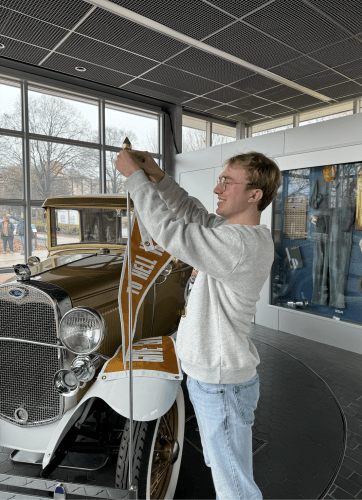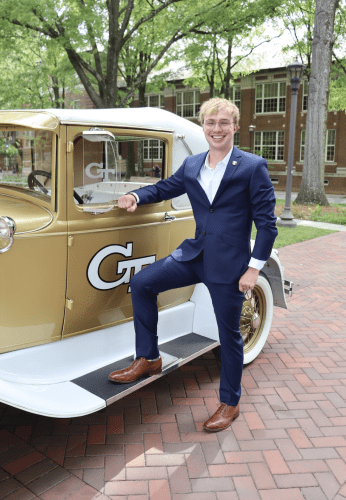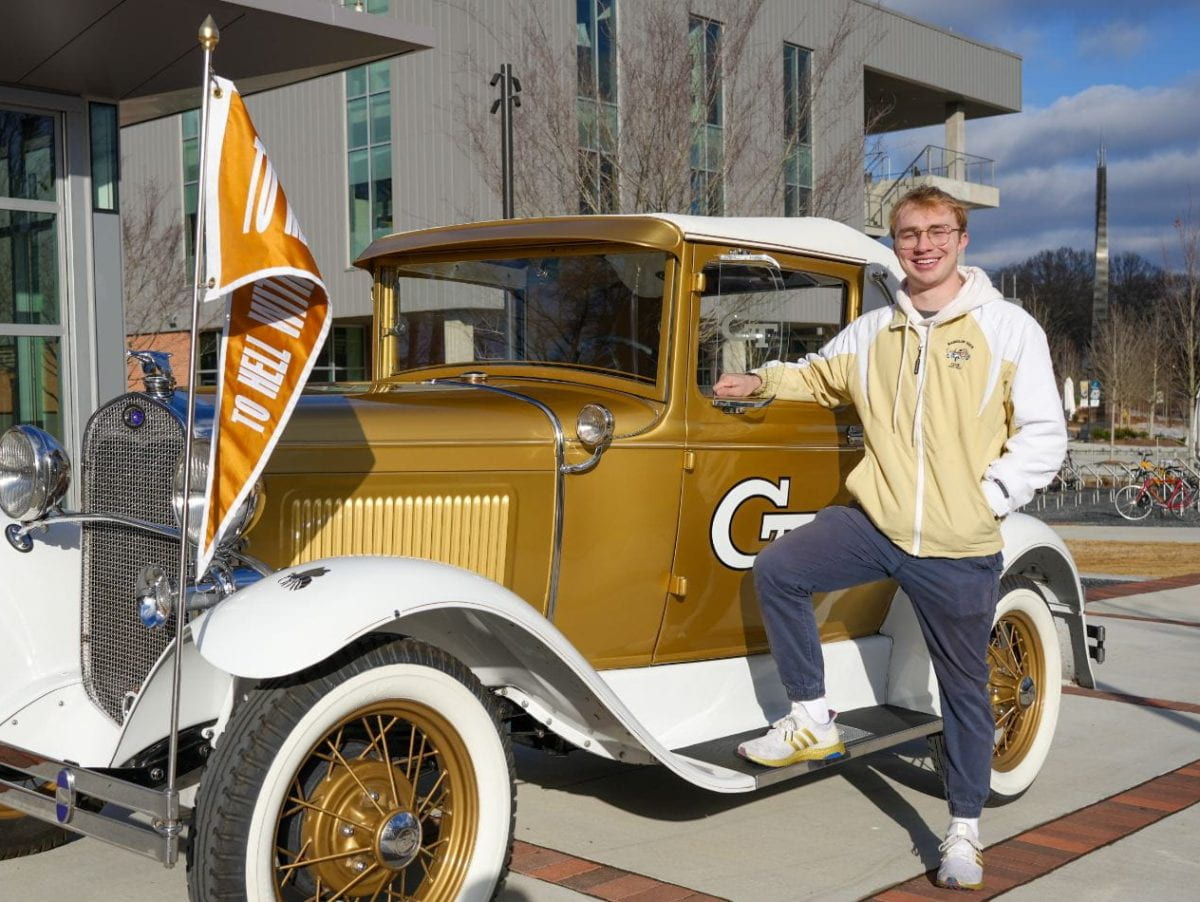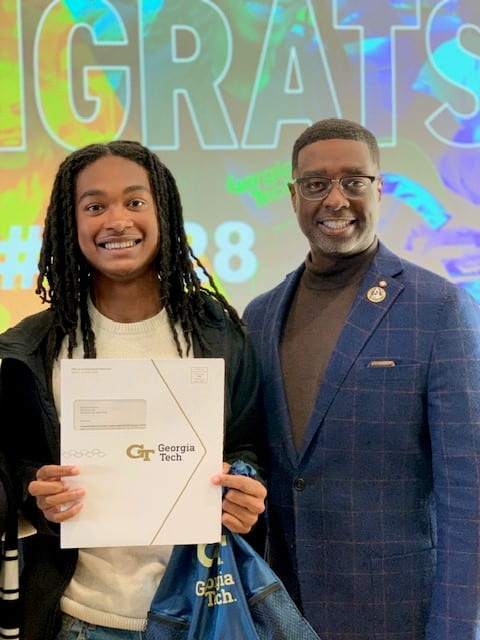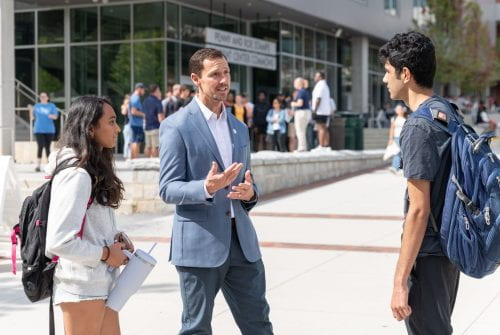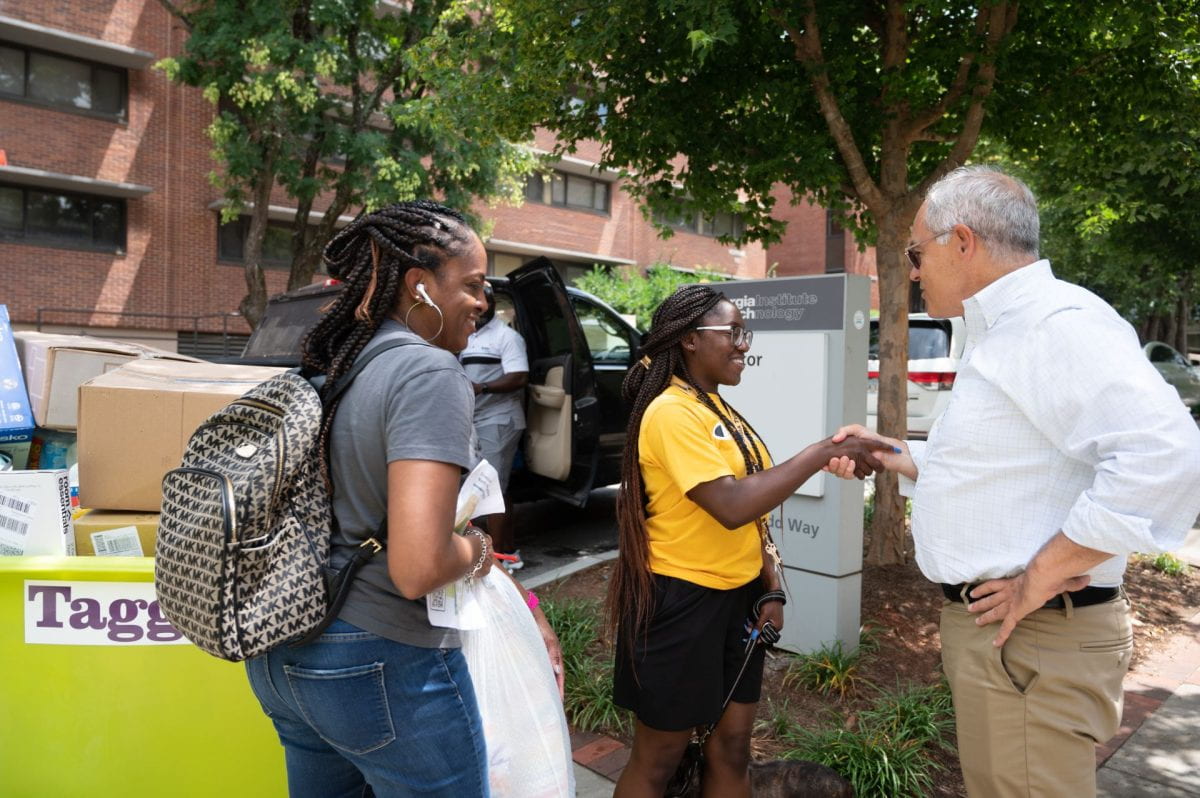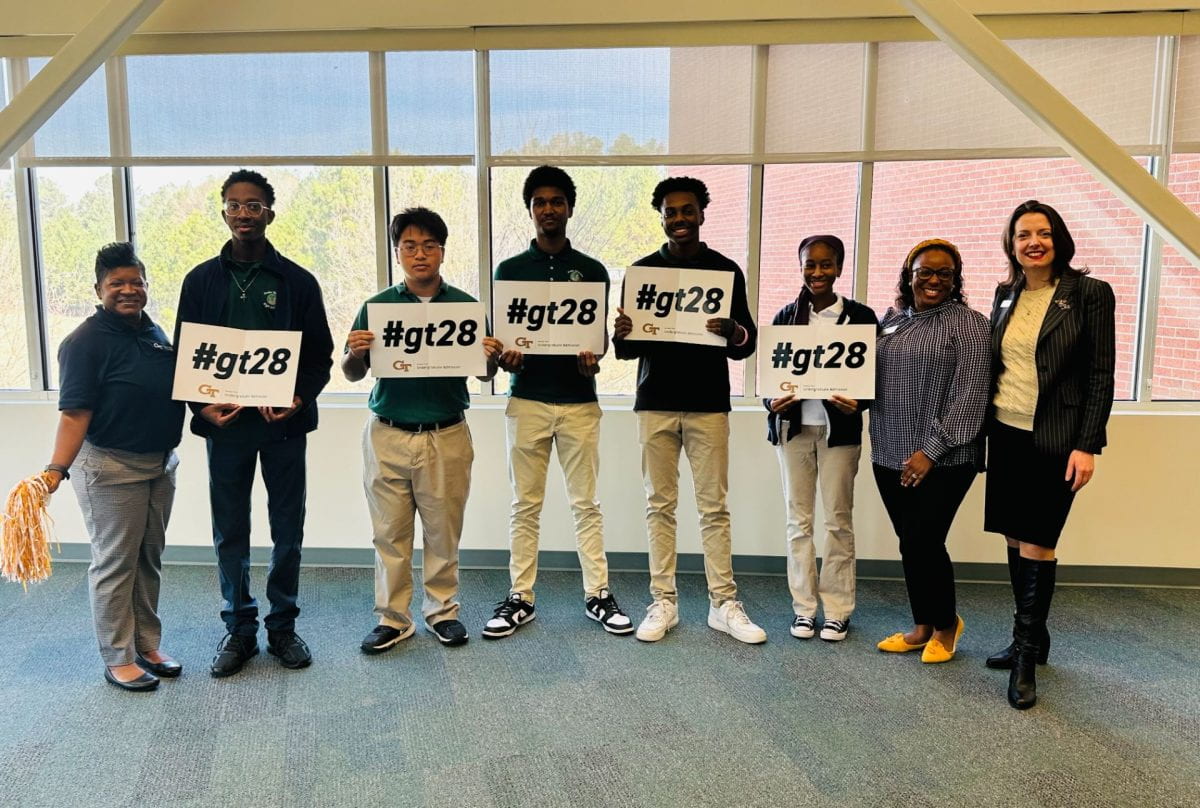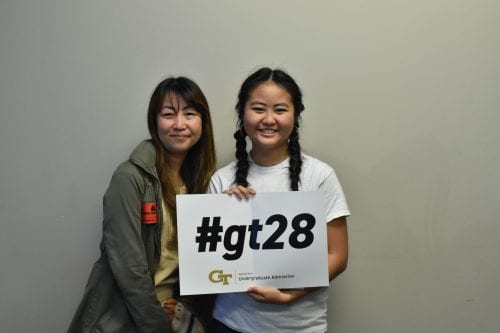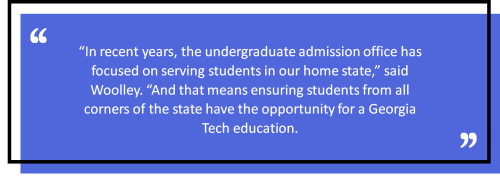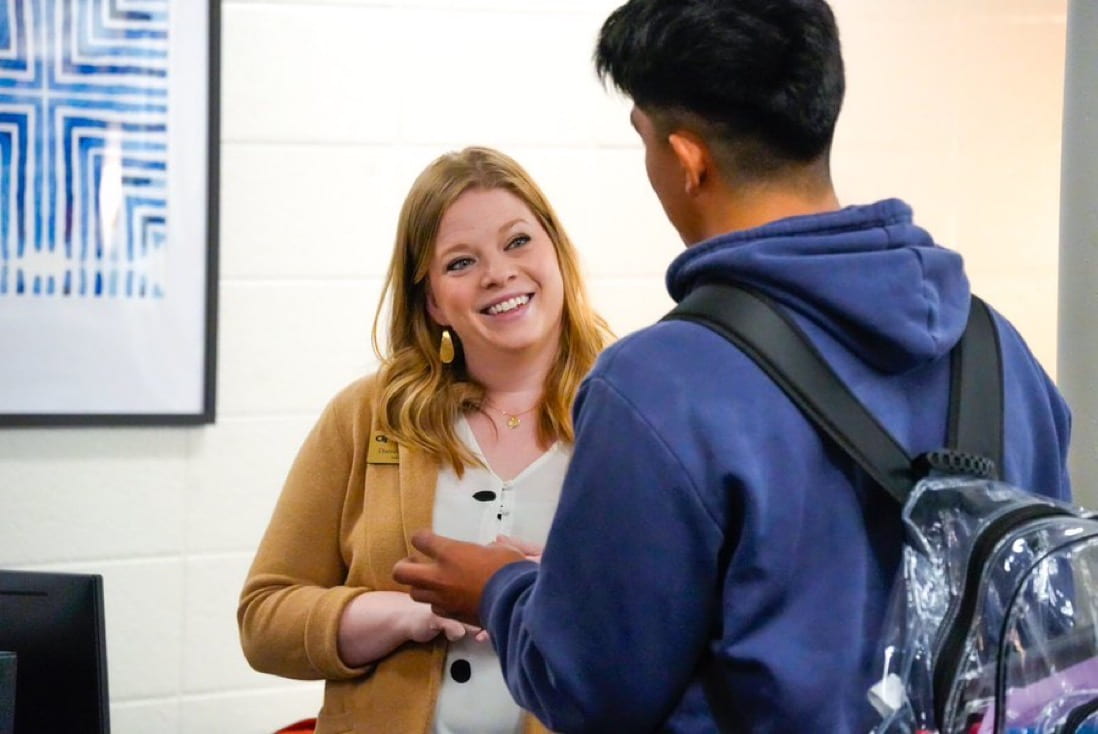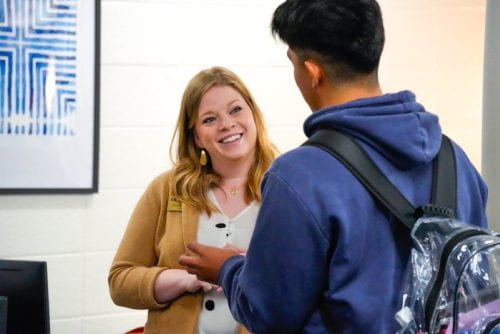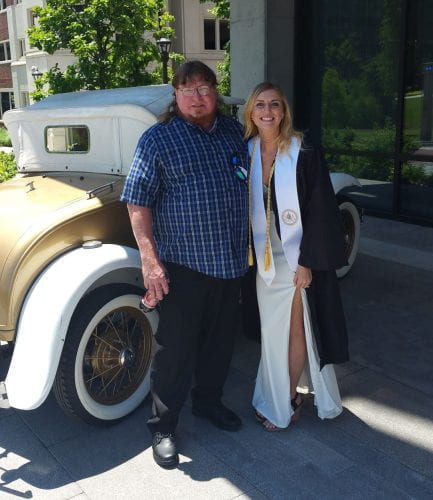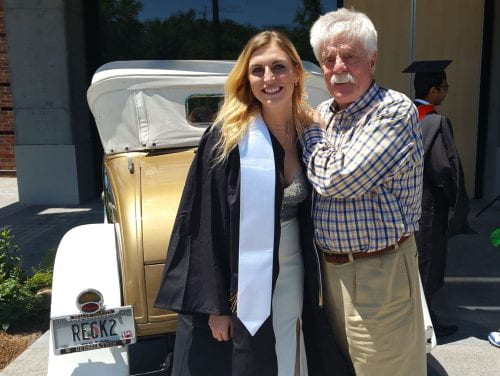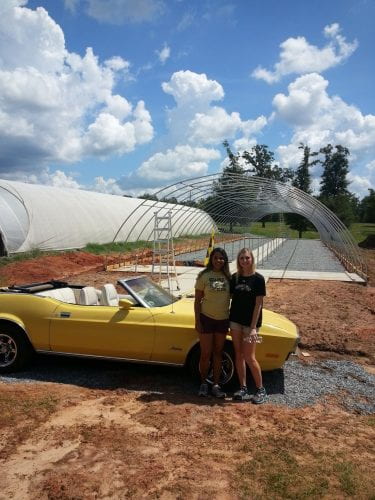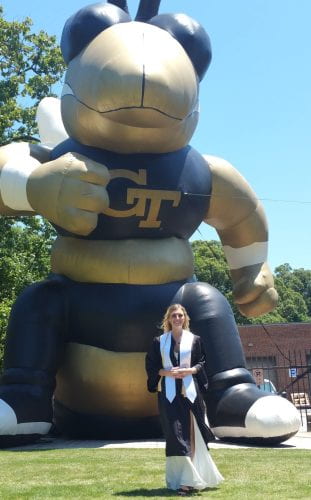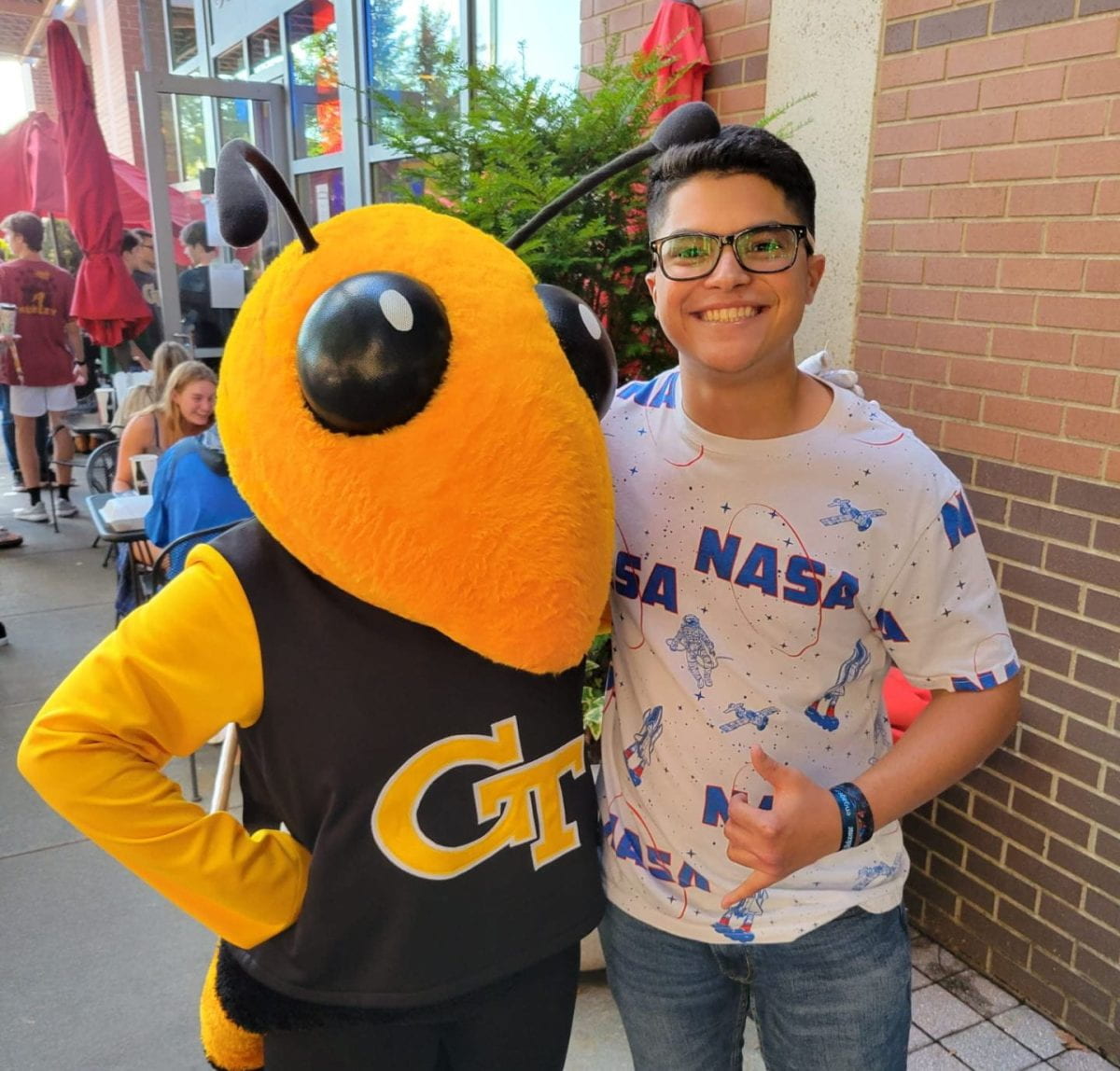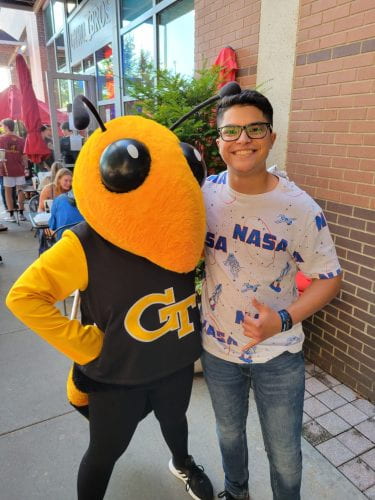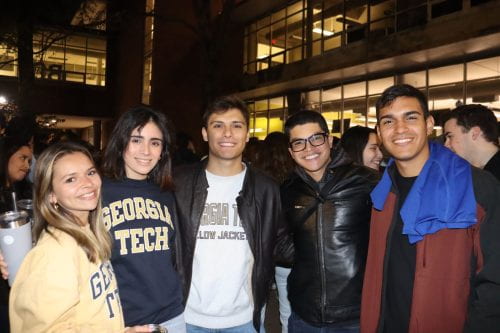Editor’s Note: The Ramblin’ Reck Club has used the spelling “Reck” to refer to the car since its inception. However, the Institute uses “Ramblin’ Wreck” and holds a trademark on this spelling.
A beloved symbol of tradition since 1961, many Georgia Tech students are quick to smile when they hear the rumble of the Ramblin’ Wreck’s engine or the shrill beep of the horn on campus. While the 1930 Ford Model A Sport Coupe is best known for leading the football team onto the field, the car is often spotted around the college grounds, attending events or otherwise bringing cheer to the student body.

In the opinion of third-year computer science student Matthew Kistner, the Wreck is the perfect symbol of how tradition at Tech goes beyond what can be found anywhere else.
“We have a lot of things that are really out there,” explained Kistner. “And that just means we’re fostering something really special for students to pass down.”
Kistner himself gets to play a unique role when it comes to the Wreck – starting in January, he began his yearlong term as sole driver. As such, Kistner is the only person who can drive the Wreck from point A to point B: football games, campus events, weddings, and beyond.
The Wreck has been driven by an elected member of the Ramblin’ Reck Club, a student organization devoted to spirit and tradition at Tech, each year since 1968. Along with driving, Kistner is also responsible for the maintenance and upkeep of the vehicle. Though he’s early in his tenure, he’s already completed several grease changes and an oil change.
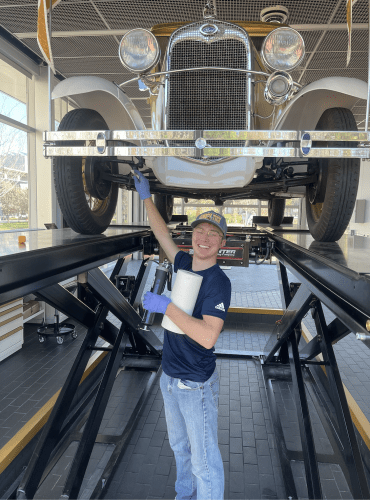
For him, having such a role in one of Tech’s most recognized traditions is an honor. Kistner has long described himself as spirited, and knew that finding a university where he could express that spirit was a priority in his college search. After researching Georgia Tech and finding the Ramblin’ Reck Club, which also plans yearly traditions such as the Mini 500, the Freshman Cake Race, and the homecoming Ramblin’ Wreck Parade, Kistner knew Tech was the right place for him.
“This club played a huge part in how I ended up here,” said Kistner. “The Reck Club gets a ton of opportunities when it comes to getting directly involved with Georgia Tech sports and student life. I got on campus my first year and immediately was looking for this club.”
In 2022, Kistner’s first year in the organization, he told then Wreck driver Evalyn Edwards that driving the Wreck was eventually what he wanted to do. Now, two years later, it’s his reality.
Though much of the car remains the same as when it came to Tech, a few pieces change with each driver. The flags on the front, which read “to Hell With Georgia” and “Give ‘em Hell Tech,” are given to the driver as keepsakes at the end of their year, as are the step plates and radiator cap. The radiator cap traditionally takes the mold of a quail, though drivers may choose whatever animal they like.
“I thought about picking a frog actually,” Kistner said. “But the quail is traditional, and I wanted to stick with that.”
Tradition plays an important role in life at Tech. From receiving and filling out RAT caps at new student Convocation, to leaving offerings at the grave of Sideways the dog for good luck, and the Whistle sounding off throughout each day to signify class ending, the day-to-day for Tech students often features some homage to the school’s deep history.
For students coming to Tech in the future, Kistner’s advice is to embrace it. On top of that, finding ways to get involved is key.
“There’s a common misconception that Tech isn’t a very social school,” said Kistner. “People that want to get involved in social clubs can and should. Sign up for as many things as you want – you can always drop things later.”
The Ramblin’ Reck Club recruits each spring semester. View a full list of registered student organizations and learn more about tradition at Tech.
